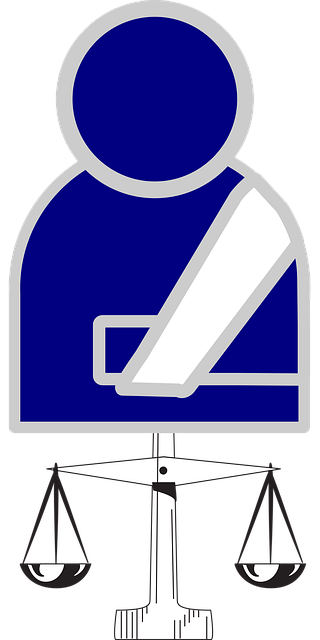Employers need to comprehend and prepare for third-party workplace claims, which can arise from accidents, property damage, or employment disputes. Key insurance coverages include liability, employment practices dispute, commercial property, and professional liability policies. Engaging legal counsel is crucial for navigating these complex claims and ensuring compliance with relevant laws. The claims process focuses on employee justice, involving reporting, investigation, and resolution steps under intricate regulations. Legal representation empowers employees to protect their rights during challenging experiences related to third-party workplace claims.
Understanding third-party workplace claim laws is crucial for both employers and employees. This article demystifies these essential regulations, providing a comprehensive guide on key components and types of coverage. We’ll navigate the claims process, elucidate employee rights, and offer insights into managing risks effectively. By familiarizing yourself with these basics, you’ll be better equipped to handle potential workplace disputes and ensure a safe, fair environment for all.
- What are Third-Party Workplace Claim Laws?
- Key Components and Types of Coverage
- Navigating the Claims Process and Employee Rights
What are Third-Party Workplace Claim Laws?

Third-party workplace claim laws are regulations designed to protect employees when they face harm or losses due to actions or omissions by someone outside their direct employer. These laws allow workers to seek compensation from third parties responsible for causing employment-related injuries, illnesses, or damages. In cases of business litigation involving employment disputes, understanding these claims is crucial.
When an employee suffers personal injury or property damage on the job due to a third party’s negligence or intentional acts—such as a car accident caused by a drunk driver during work hours—they may have legal grounds to file a claim against that third party, in addition to pursuing compensation from their employer if applicable. This ensures that employees receive fair and adequate redress for workplace incidents that extend beyond typical employment agreements.
Key Components and Types of Coverage

When navigating third-party workplace claim laws, understanding key components and types of coverage is essential. These claims, filed against an employer by someone other than an employee, can arise from various incidents, including property damage, personal injury, or even employment-related disputes like real estate transactions gone awry or partnership disagreements. For instance, if a car accident occurs on company premises due to unsafe conditions, a third party—such as another driver or pedestrian—may sue the employer for negligence.
Types of coverage under these laws typically include liability insurance, which protects against financial loss from accidents or injuries caused by the employer’s actions or inactions. Additionally, certain policies may cover employment practices disputes, where non-employees allege wrongful termination, harassment, or discrimination. For businesses with real estate holdings, commercial property insurance can shield against claims related to damaged or destroyed properties. Moreover, professional liability insurance, also known as errors and omissions coverage, is crucial for professions like law or accounting, protecting against malpractice suits. Engaging a car accident attorney or legal counsel specializing in employment disputes, such as partnership disputes, can help navigate these complexities and ensure adequate protection under the relevant third-party workplace claim laws.
Navigating the Claims Process and Employee Rights

Navigating the claims process under third-party workplace claim laws is an intricate yet crucial aspect of ensuring justice and resolution for employees. When a worker believes they have been wronged, whether due to a breach of contract, discrimination, or even elder abuse, understanding their rights is essential. The journey often begins with reporting the issue to the appropriate authorities or HR department, setting in motion a series of steps designed to address the concern fairly and impartially.
Employees must be aware of their entitlements throughout this process. Access to legal representation can significantly impact the outcome, providing guidance on complex regulations and helping to protect their interests. The right support ensures employees feel empowered to stand up for themselves while navigating what can often be a challenging and emotional experience.
Understanding third-party workplace claim laws is essential for fostering a safe and compliant work environment. By familiarizing yourself with the basics, including key components of coverage, navigating the claims process, and recognizing employee rights, you’re taking a significant step towards protecting your business and your workers. Remember that awareness and proactive measures are crucial in minimizing potential liabilities and ensuring a harmonious workplace.






